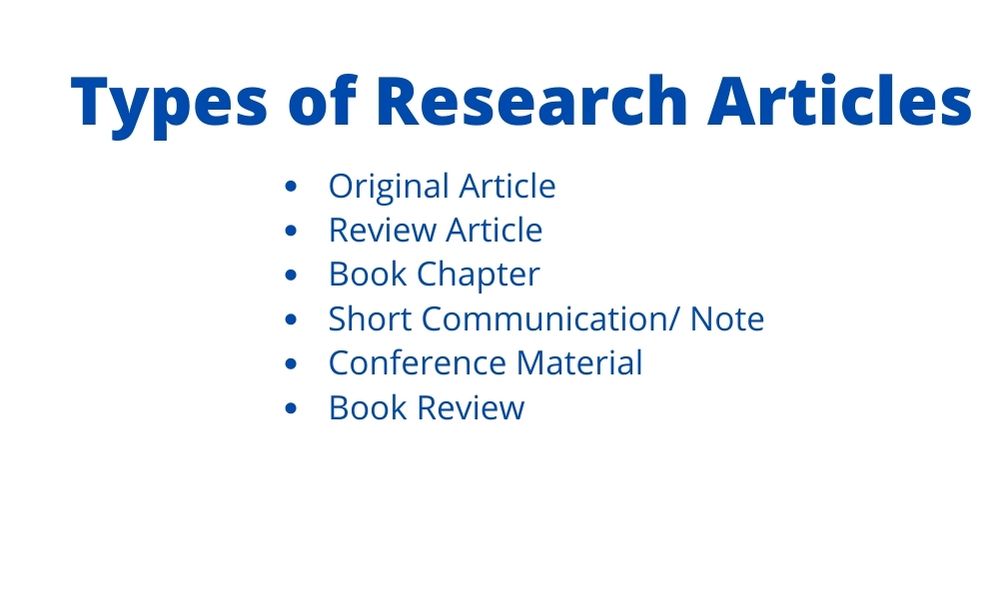The Mechanics of Articles: A Guide to Their Uses
The distinctions in between the definite and uncertain articles can substantially alter the definition of a sentence, impacting just how info is shared. Common blunders, such as the incorrect application of "a" and "an" or the abuse of articles with vast nouns, can lead to confusion.

Kinds Of Articles
When it concerns understanding the sorts of articles, it is essential to break down the distinctions that exist amongst them. Articles in the English language are classified mostly into two types: definite and uncertain posts.
The guaranteed post, "the," is made use of to describe certain nouns that are understood to the visitor. It symbolizes that the noun it customizes is specific and identifiable, identifying it from various other potential entities. In the expression "the publication on the table," the speaker implies a details publication that both the speaker and audience are acquainted with.
In contrast, indefinite write-ups, "a" and "an," are made use of to describe non-specific nouns - articles. They introduce nouns that are not formerly understood to the reader or audience. Claiming "a cat" does not define which cat is being referred to; it might be any feline. The choice between "a" and "an" relies on the phonetic context of the complying with word, where "an" is made use of before vowel audios.

Definite Article Use
The guaranteed post "the" plays a critical role in defining nouns within a sentence, making it possible for clear communication of ideas. Its key function is to indicate that the noun it comes before is special or understood to the reader or audience. In the phrase "the publication on the table," "the" signals that a details publication is being referenced, one that is identifiable in the context.
" The" is typically used with single and plural nouns, along with uncountable nouns, further boosting its adaptability. When talking about principles, events, or entities that are universally identified, such as "the Planet" or "the Web," the definite post serves to emphasize their selfhood. Furthermore, it can be used with superlatives, as in "the finest service," to denote a certain degree of comparison.
In different contexts, the definite write-up also shows up with geographical names, organizations, and social recommendations, such as "the USA" or "the Louvre." Comprehending its ideal usage is vital for achieving accuracy in language, thereby promoting effective communication in both composed and talked forms.
Indefinite Post Use
Indefinite write-ups, particularly "a" and "an," offer a distinct objective in language by introducing nouns that are not particularly known to the visitor or audience. These articles convey a feeling of generalization, indicating that the noun they modify is among several feasible instances as opposed to a certain entity.
The choice in between "a" and "an" depends on the first audio of the adhering to word. "A" is made use of prior to words that start with a consonant noise, while "an" precedes words that begin with a vowel sound.
Indefinite articles additionally enter into play when reviewing careers, races, or associations. One might claim, "She is a medical professional" or "He is an American." In addition, they can be utilized when navigate here discussing something for the very first time, developing a context for future referrals. Generally, you could check here the appropriate use of uncertain posts enriches interaction by giving clearness and precision concerning the nouns being gone over.
Common Blunders to Prevent
Many learners run into risks when utilizing indefinite write-ups, which can lead to confusion in interaction. Additionally, students frequently abuse indefinite posts with uncountable nouns, wrongly mentioning "a water" instead of merely making use of "water," which does not require a post.
Another regular mistake involves omitting the indefinite post when it is essential. For instance, one might say "I saw pet dog in the park," ignoring to consist of "a." This noninclusion can make sentences sound incomplete. Conversely, making use of uncertain articles excessively can also result in uncomfortable phrasing, such as "I had a blast at a the event."
Recognizing the contexts in which uncertain write-ups need to be used is vital. They are not made use of when referring to basic classifications, as in navigate to this website "Felines are playful," rather than "A cat is playful." Recognizing these common errors will improve clearness and accuracy in created and talked English.
Tips for Effective Use
To successfully use indefinite posts, it is important to comprehend their ideal contexts and nuances. Indefinite posts, particularly "a" and "an," are used to refer to non-specific products or to present new principles.

Additionally, avoid overusing indefinite posts in instances where uniqueness is called for. Practice reading various texts to observe how skilled writers use indefinite short articles, improving your understanding of their efficient application.
Verdict
Understanding the distinct roles of definite and uncertain write-ups permits for even more efficient expression of concepts. Eventually, a solid grasp of article use is crucial for reliable scholastic and specialist interaction.